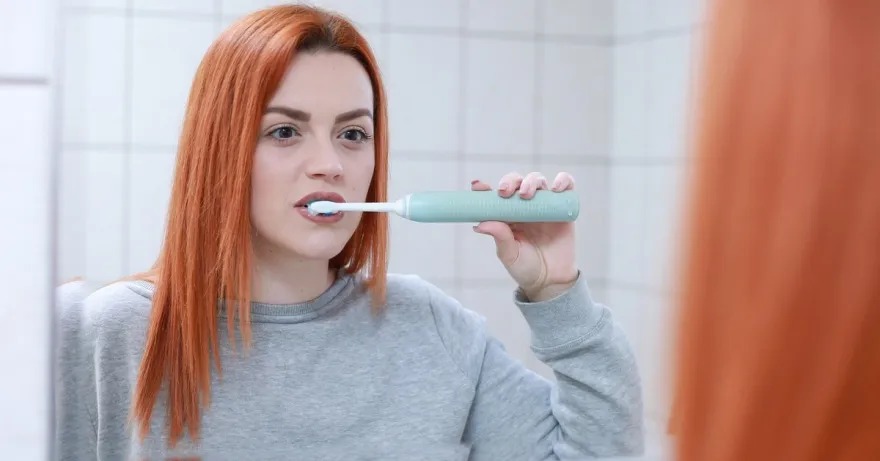Expectant women may experience changes in their bodies throughout the pregnancy journey, including changes in teeth and gums. Bleeding gums, gingivitis, and tooth decay are common during pregnancy due to hormonal and dietary changes. Below are the most frequently asked questions about dental care during pregnancy that you should take note of.
Q1: Is it safe to undergo dental care during pregnancy?
Yes, you should see the dentist regularly to avoid oral infections and maintain your dental health. It is safe to undergo regular treatments such as cavity fillings and orthodontic procedures. However, for more complicated treatments, the dentist may recommend the best timing, typically during the second trimester or after childbirth, to minimize any risks to your baby. Be sure to inform your dentist about your pregnancy.
Q2: Do I need to avoid X-rays during pregnancy?
Dental X-rays are considered safe, but your dentist will suggest postponing them until after childbirth unless necessary. This helps avoid the risk of premature labour or prolonged periods lying on your back during the third trimester.
Q3: Do I need to inform my dentist when I get pregnant?
Definitely, you should let your dentist know. Your dentist may recommend the best way to take care of your teeth during this critical period. Also, your dentist may pay attention to any antibiotics prescribed to you. So far, antibiotics like penicillin, amoxicillin, and clindamycin, which are labeled category B, are safe for pregnant women.
Q4: Do anaesthetics affect my baby?
Dental anaesthetics, which help you feel comfortable during dental work, are safe for pregnant moms. Your dentist will choose an anaesthetic that is appropriate for you, ensuring both your and your baby’s comfort and safety during the procedure.
Q5: Does nausea damage teeth?
Yes, nausea can damage teeth. The main culprit is your stomach acids. Since you cannot avoid morning sickness during pregnancy, rinsing your mouth first, swishing, and spitting after vomiting may help prevent those acids from damaging the enamel in your teeth. Remember not to brush your teeth right after vomiting; you can brush after 30 minutes.
Q6: I find my gums bleeding. Is it common?
You may be surprised to notice that your gums are bleeding, inflamed, or swollen, which you never experienced before pregnancy. It is normal, but you should pay more attention to proper oral care to prevent gingivitis, a mild form of gum disease that may increase the risk of premature birth, low birth weight, or preeclampsia. Brush your teeth twice a day and clean between your teeth once a day to prevent the above complications.
Q7: Is it common to lose a tooth in each pregnancy?
No, it’s an old wives’ tale known as ‘gain a child, lose a tooth.’ Pregnancy hormones like progesterone and estrogen can affect ligaments and bones, but teeth typically remain in place. This condition usually resolves after childbirth. If you’re concerned about loose teeth, consult your dentist for guidance.
Q8: Does a newborn develop dental disease?
The dental health of pregnant mothers can actually affect newborns throughout their lifetime. While a newborn won’t develop dental disease on their own, they may acquire it from others through activities like kissing or sharing a spoon. Bacteria from a mother’s mouth can be passed on through these actions.



Leave a Reply